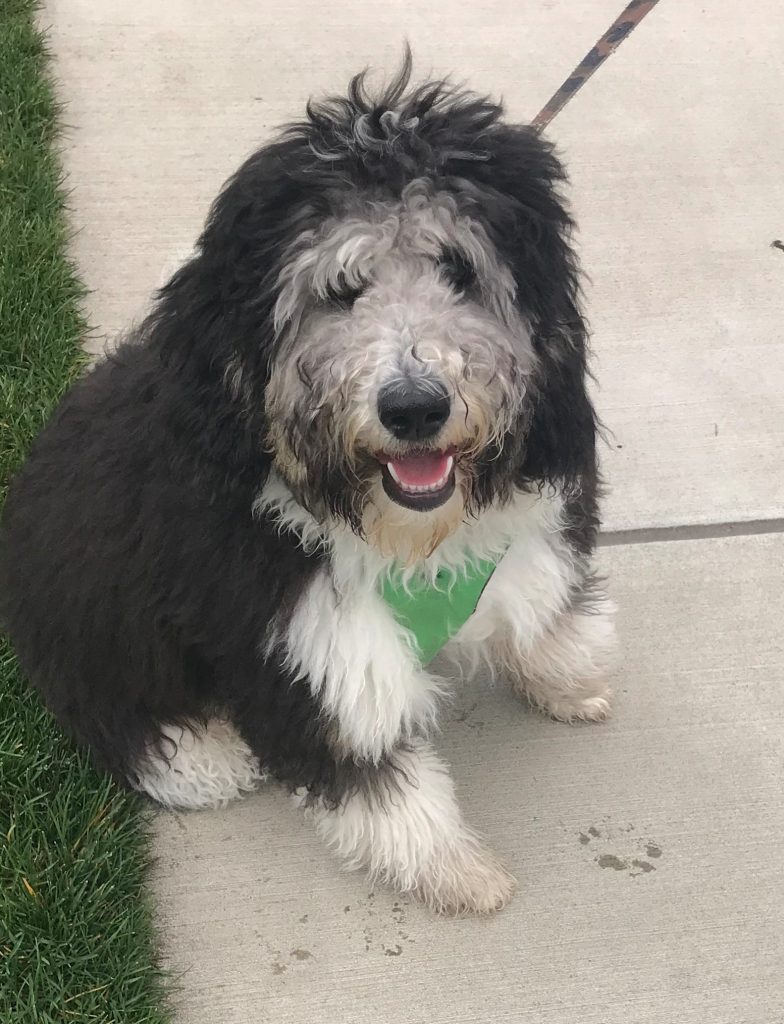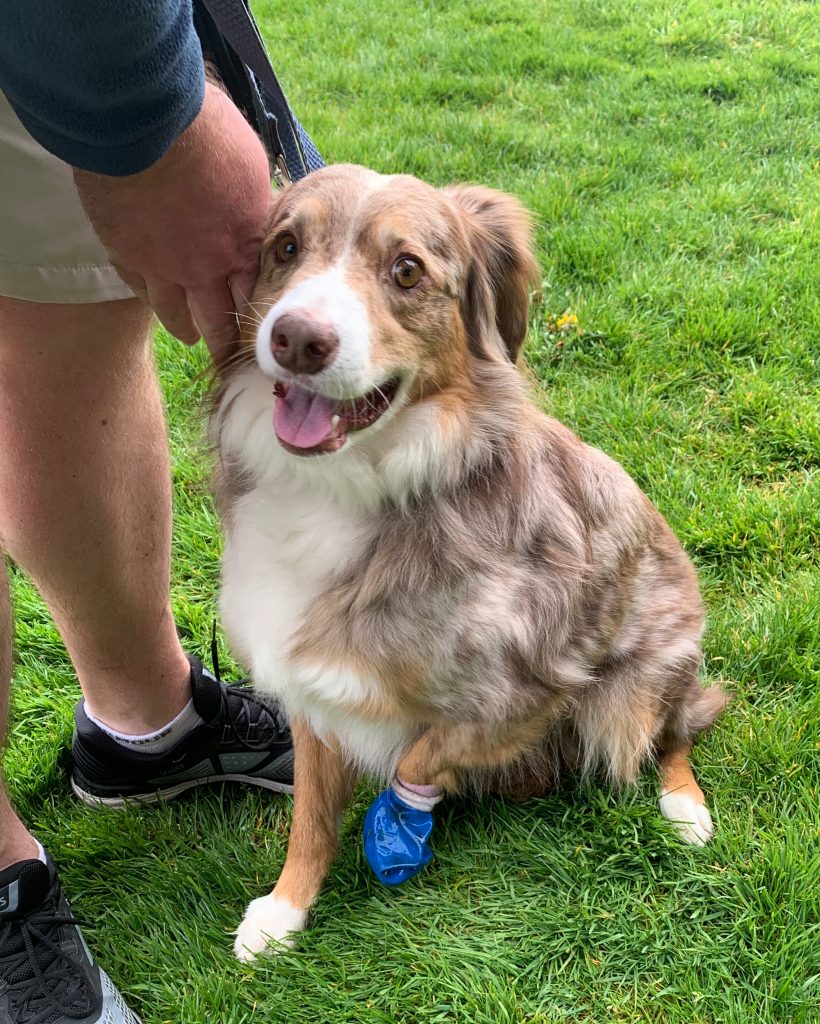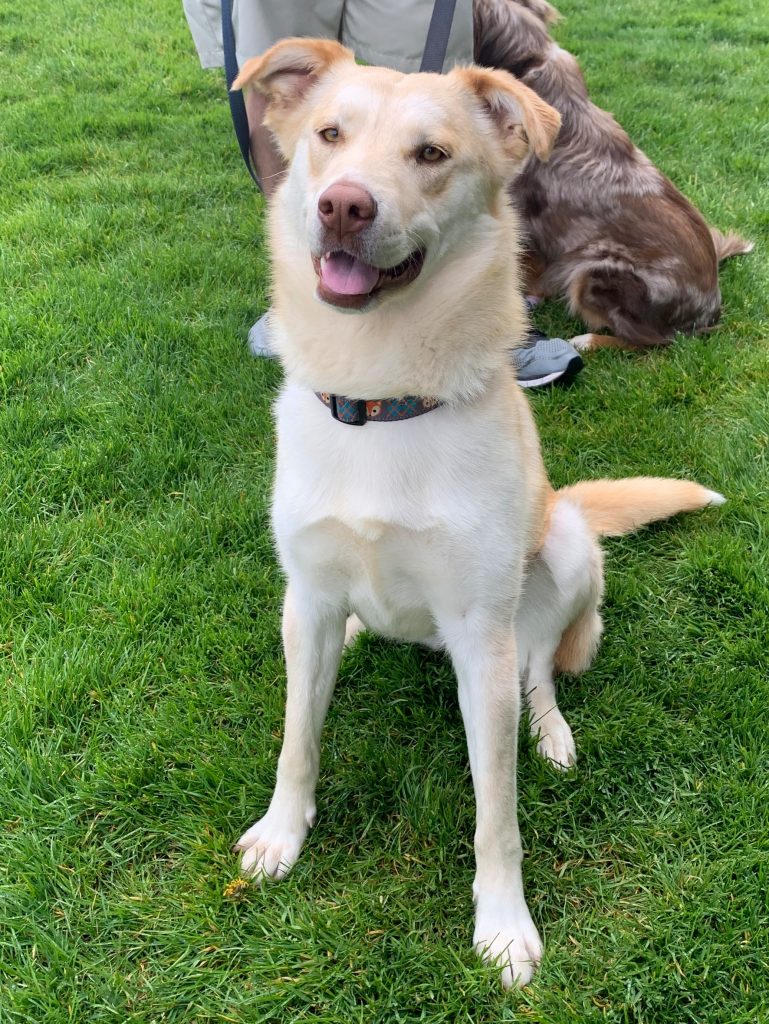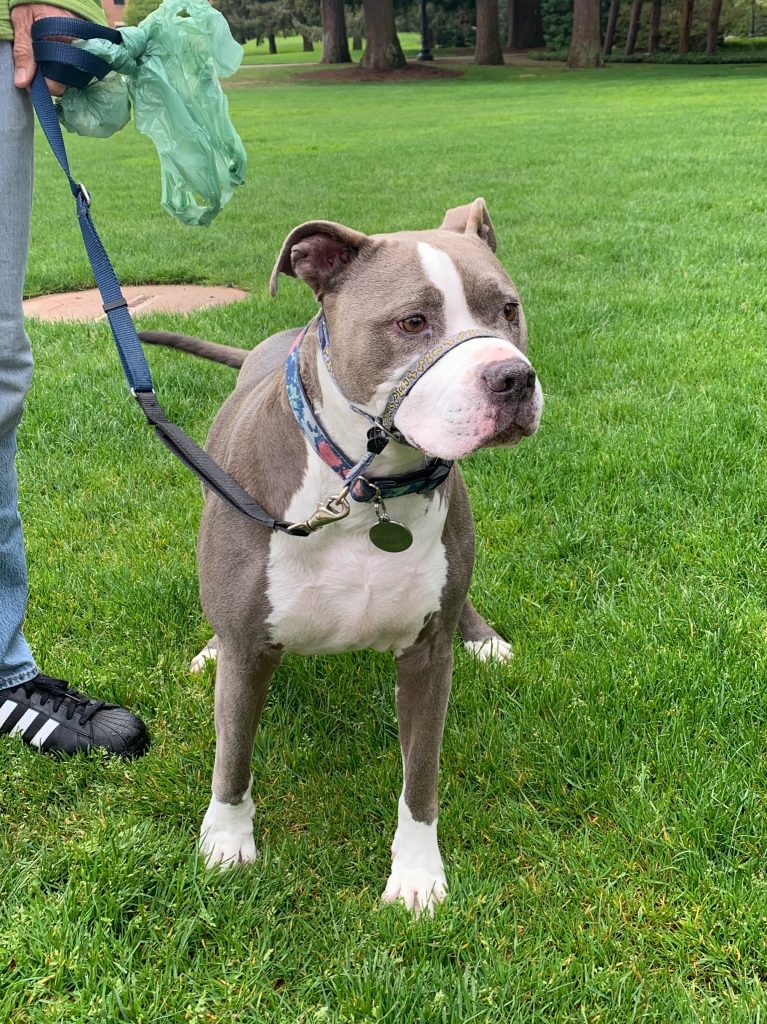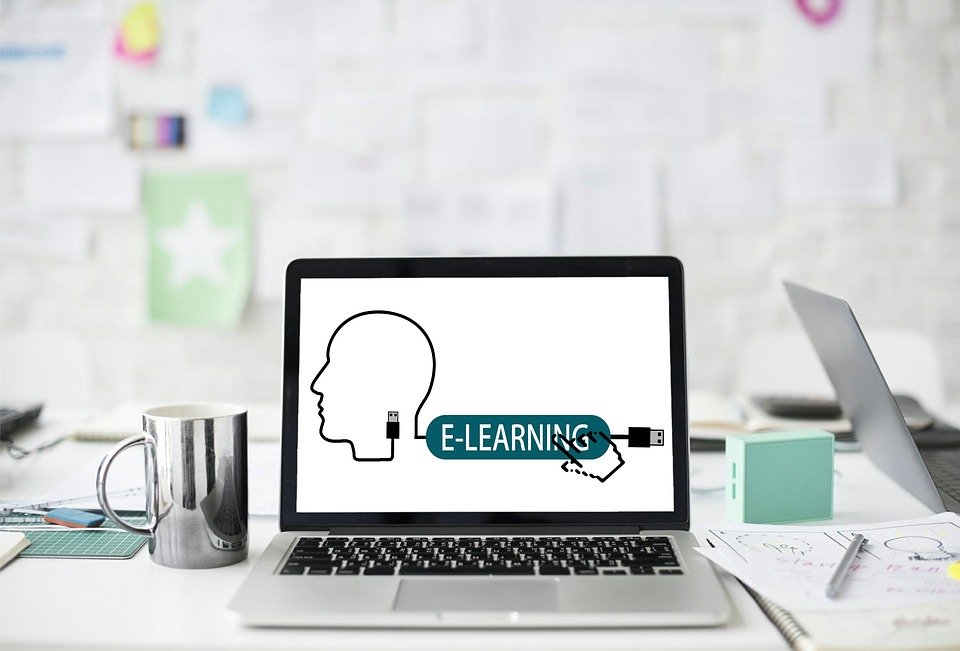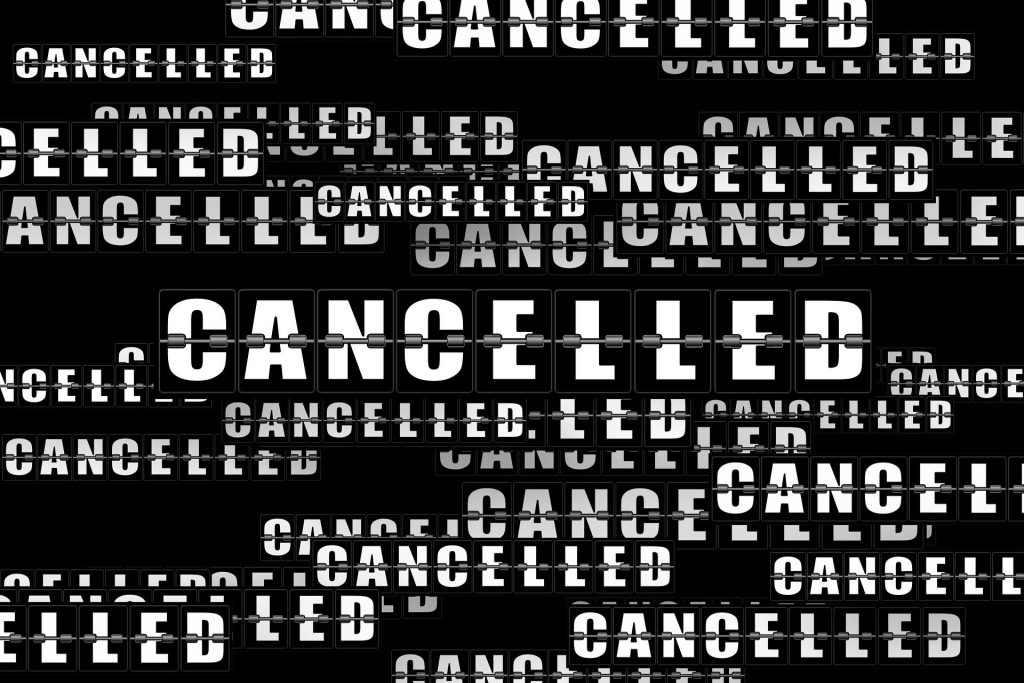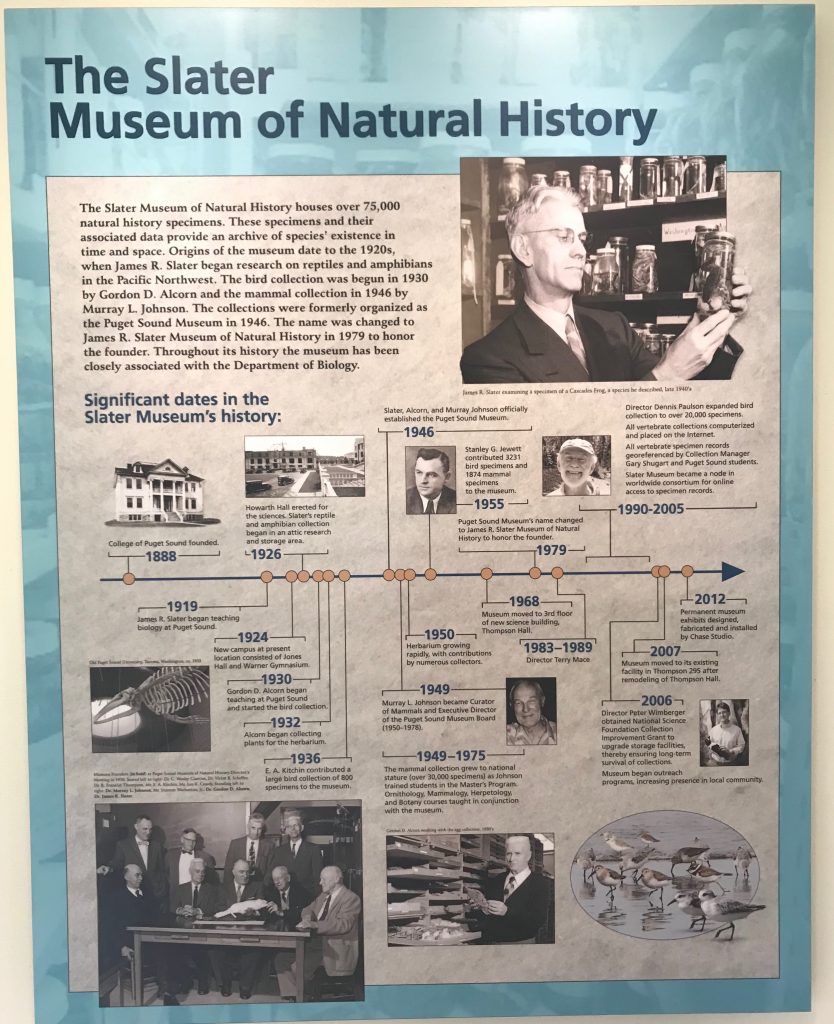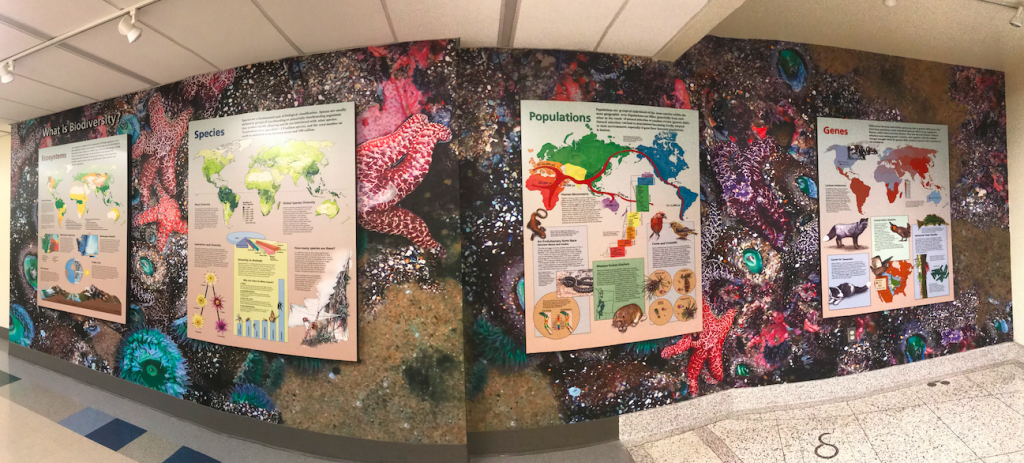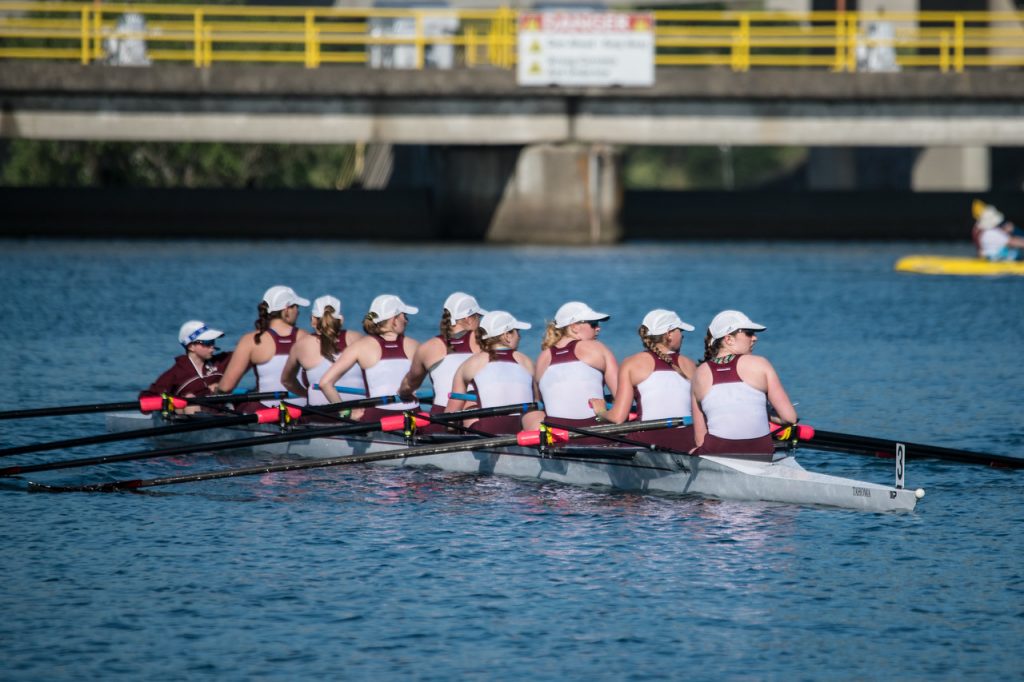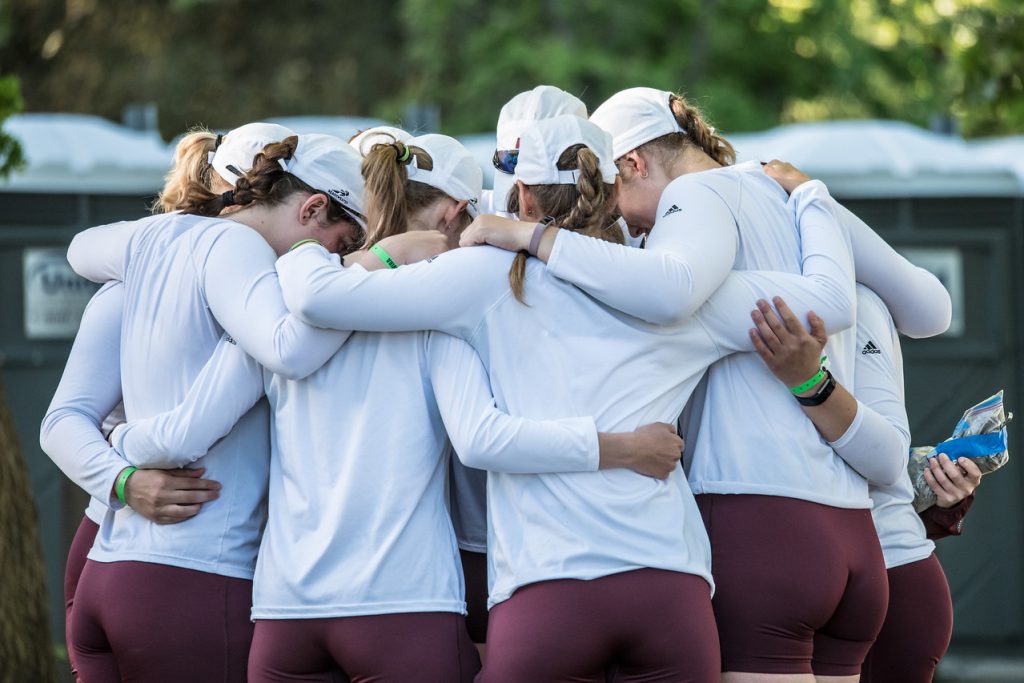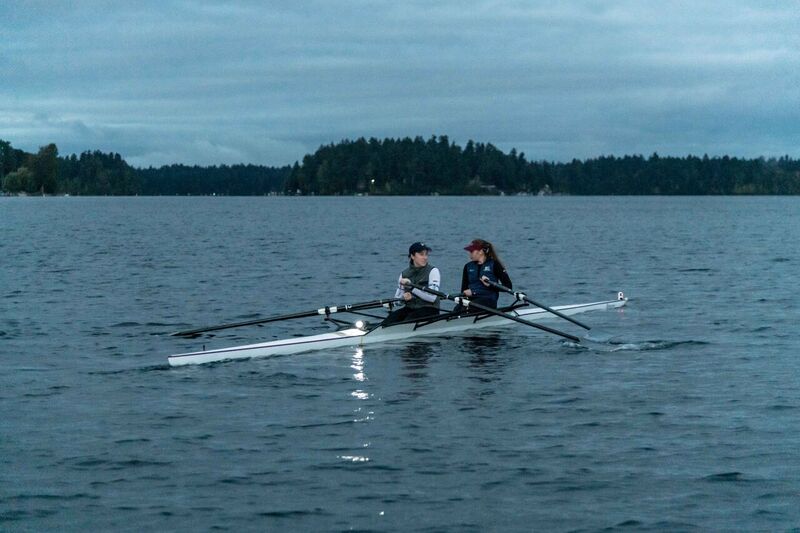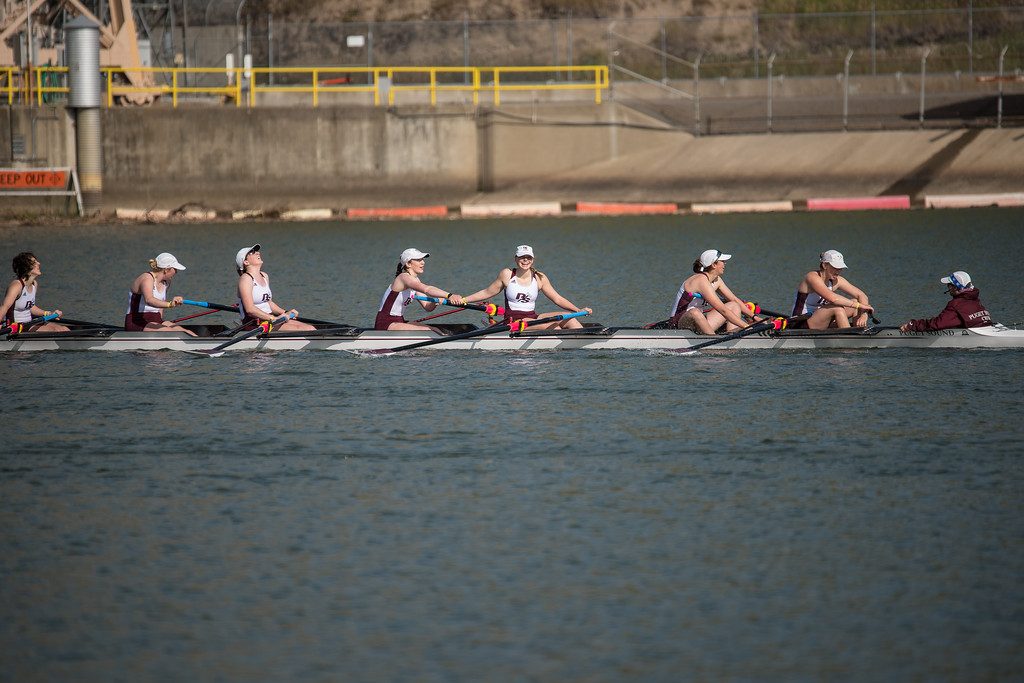Written by Eliza Tesch
Link to Original Article by Peggy McIntosh
Unpacking the Invisible Knapsack
For the purposes of this article we are looking at the academic work entitled “The Invisible Knapsack” by Peggy McIntosh. In the words of McIntosh, “White privilege is like an invisible weightless knapsack of special provisions, maps, passports, codebooks, visas, clothes, tools, and blank checks. Describing white privilege makes one newly accountable.”
McIntosh invites the reader to think critically about the circumstances of their life as an offshoot of identities (race, gender, sexual orientation, socio-economic status, citizenship, level of ability, occupation, etc.) and establishes the ideas that all people have a variety of identities that influence their lived experience, having certain identities makes life more or less challenging, and these identities are not mutually exclusive (ie. black women experience both racism and sexism). This Pandemic has made the inequalities that exist in our society more evident than ever. Many people who have not had to face the realities that people from marginalized groups live every day are experiencing for the first time what it feels like to have larger systems control in a very tangible way what they can and cannot do and have a negative impact on their life.
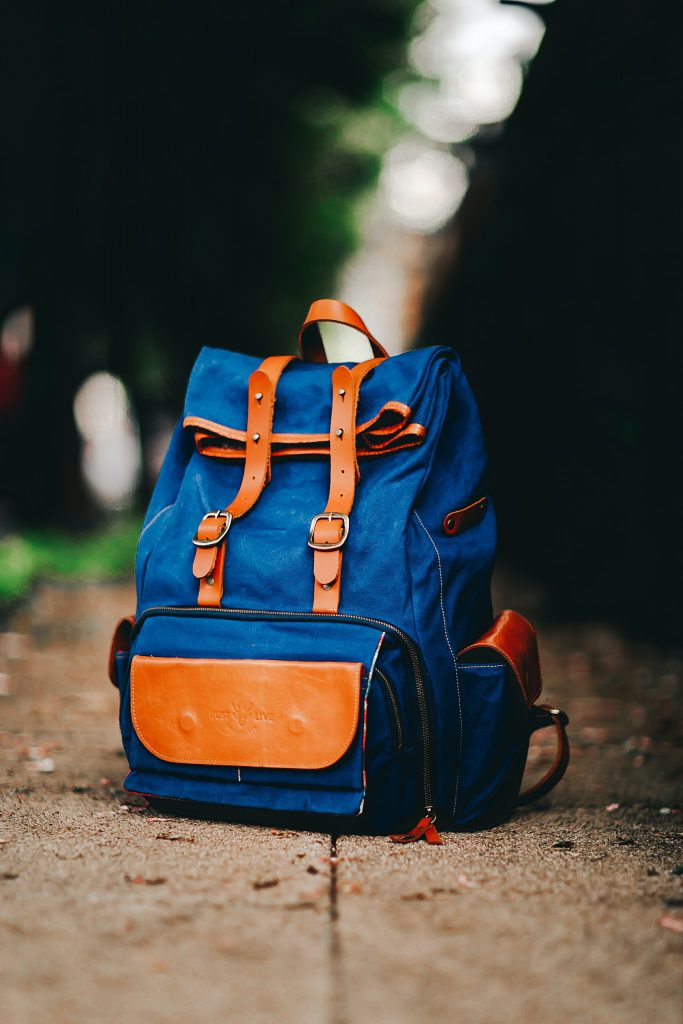
We have taken the original “The Invisible Knapsack” and altered it to apply specifically to the COVID-19 pandemic. For this activity, I invite you to read through and answer the questions below and take some time to reflect on your responses. To further challenge yourself, think about what privileges (or lack of privilege) you personally have and how the Coronavirus has impacted this. Think about the experiences of others that are different from your own and the systems of oppression that are or aren’t at play here. How does this make you feel, and what can you personally do to combat this thing of oppression to create a more just world?
- I have access to a computer and internet
- I have a phone or other device that allows me to stay connected with my friends and the outside world virtually
- I have consistent access to food
- I have the ability to purchase a mask or mask making kit in stores or online
- I do not need to rely on public transportation to travel to the grocery store, the pharmacy, to seek out medical care, or to access other essential services.
- I have health insurance
- I am not currently worried about being able to pay my rent, utility bills, or afford food for my household.
- I have a safe home environment to shelter in place in.
- I do not experience physical, verbal, emotional, or psychological abuse from someone in my household
- If I got sick I know those around me would take care of me and help me access the support and medical care I need
- I have enough money saved up to support myself for six months without an income
- If I needed financial support I could rely on my family or those close to me to be in a stable enough financial position to help me out
- I live in a community where it is safe to go on walks for leisure/ exercise
- I do not work in the medical field, grocery stores, pharmacies, or in any essential service that puts me at risk of getting COVID-19
- I am currently being paid by my employer (whether that is for working from home or for hours I would have worked if it weren’t for COVID-19).
- I can afford to stock up on enough groceries to feed my family/ household for a week or longer so that additional trips to the store don’t need to be made
- I have a home that is comfortable for me and my household to remain in for weeks at a time.
- I have spent most of my time sheltered in place partaking in hobbies such as arts and crafts, video games, gardening, etc.
- I have enough extra money to buy non-essential items for fun and entertainment purposes
- I can spend time outside, but not in public because I have a backyard.
- My routine and circumstances allow me to stay 6 feet away from people at all times, or nearly all of the time.
- I am not immunocompromised, elderly, or have a health condition that makes me especially vulnerable to COVID-19
- I am not worried about being denied medical care due to being disabled, elderly, or an otherwise vulnerable person
- If I got sick I am reasonably sure that I am of an age and level of health that I would recover without complications
- I have not had medical or mental health care appointments cancelled due to COVID19 that are essential to maintaining my physical health or emotional wellbeing
- I do not have a mental health problem that has been exacerbated by COVID-19
- I have not faced insults targeted at me related to COVID-19 due to my race
- I can cover my face without fearing for my safety from law enforcement
- If I were to go see a medical professional they and their team would likely be of the same race as I am
- If I were to express illness to a medical professional I am reasonably sure they would believe me and treat me
- I am here in the US legally, and seeking out medical care or other forms of government related support would not put me at risk of being deported
- I am not descended from indigenous people and I do not carry the historical trauma of my ancestors having faced colonizer brought illness
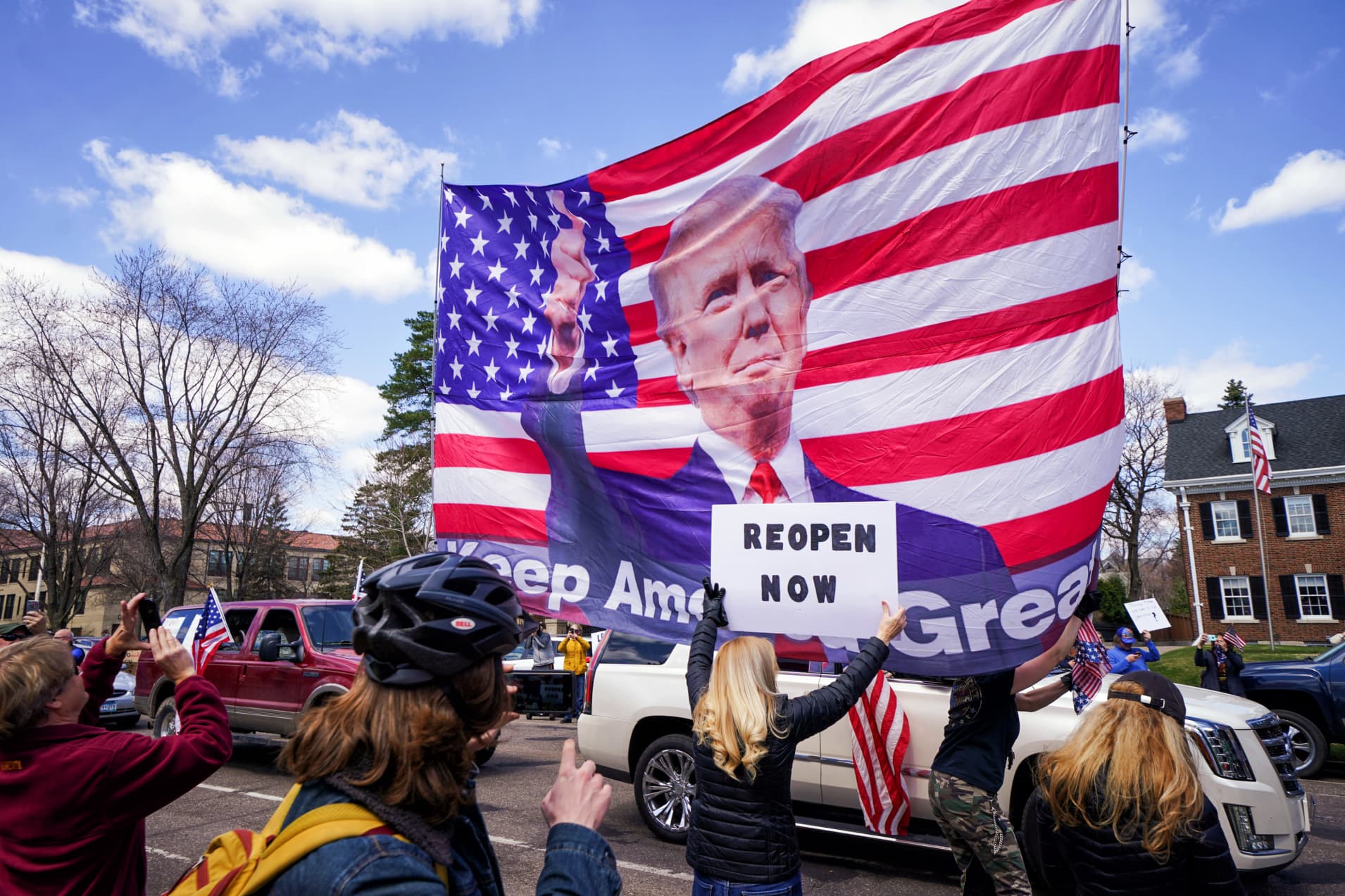
Right now there are conservative groups across the country protesting the corona virus shutdown both virtually in online spaces and movements and in-person protests and calling to “reopen America”. In the words of Fox News host Jeanine Pirro, “They want to keep us away from churches and synagogues. They want to make sure we don’t go back to work. They don’t get it. The American spirit is too strong, and Americans are not gonna take it.” Stephen Moore, an adviser to Trump’s Covid-19 economic recovery task force and a founder of a new group lobbying for a quick re-opening of the economy, Save Our Country, even went so far as to say “We need to be the Rosa Parks here,” he said, “and protest these government injustices” (Michael). The current Coronavirus situation has caused profound fear, suffering, and panic and resulted in the loss of more than 38 thousand lives. It has also resulted in Americans being laid off in droves, a serious hit to the economy and a current unemployment rate of 14.7%, the highest unemployment rate since 1940 (Lambert). The aforementioned right wing movements are protesting these circumstances and their loss of livelihood and security. This may possibly be the first time in their lives that they are experiencing what it feels like to have systems, which are much larger than them and are callous and unfeeling, put restrictions on what they can and cannot do and negatively impact their lives and their ability to provide for themselves and their families.
“Their invisible knapsack is no longer full.”
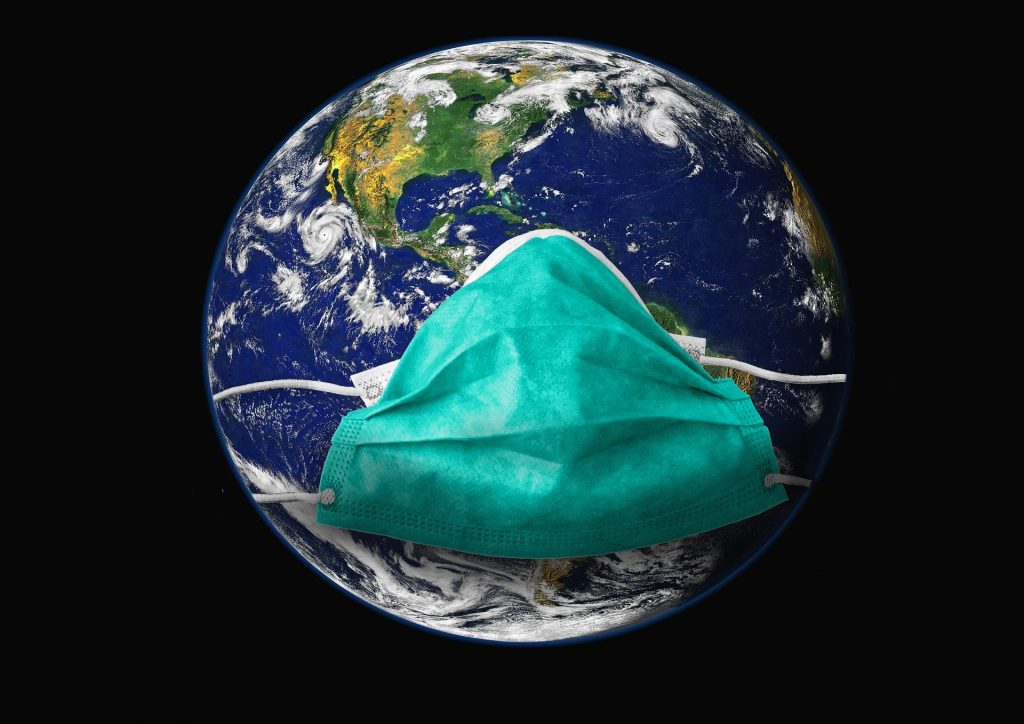
It is evident that those who have never before faced true oppression have no idea what it feels like to actually experience it. White wing groups claim that the conditions they are experiencing are unbearable and that they cannot live like this, after only having been restricted for a month or so to protect their health and safety during a deadly pandemic. Those who have faced true oppression because of race and gender and additional oppressions face it constantly for their entire lives. It is unbearable, but they have to bear it because there is no other option. It is an overwhelming force that suffocates and takes and takes. It is exhausting, it is consuming, and it can seem to those who experience it as if it is endless and inevitable. The freedoms that white right wing groups are asking for have been denied to people of color, who have been oppressed by systems for centuries. Ironically, often those same right wing groups, who are currently protesting injustice, are the same people who have and are still denying freedoms to people of color.
Coronavirus is killing people of color at rates that are far above other demographics. In New York city, Latinos make up 34 percent of Coronavirus related deaths. A CDC study of nearly 1,500 hospitalizations across 14 states reported that black people made up a third of the hospitalizations and 42 percent of the victims, even though they make up 18 percent of the population in the areas studied (Kendi). This is not a fluke accident. History is there for us to look back on, and when we do we see that this has happened time and time again. Communities of color are consistently hit hardest in national crises.
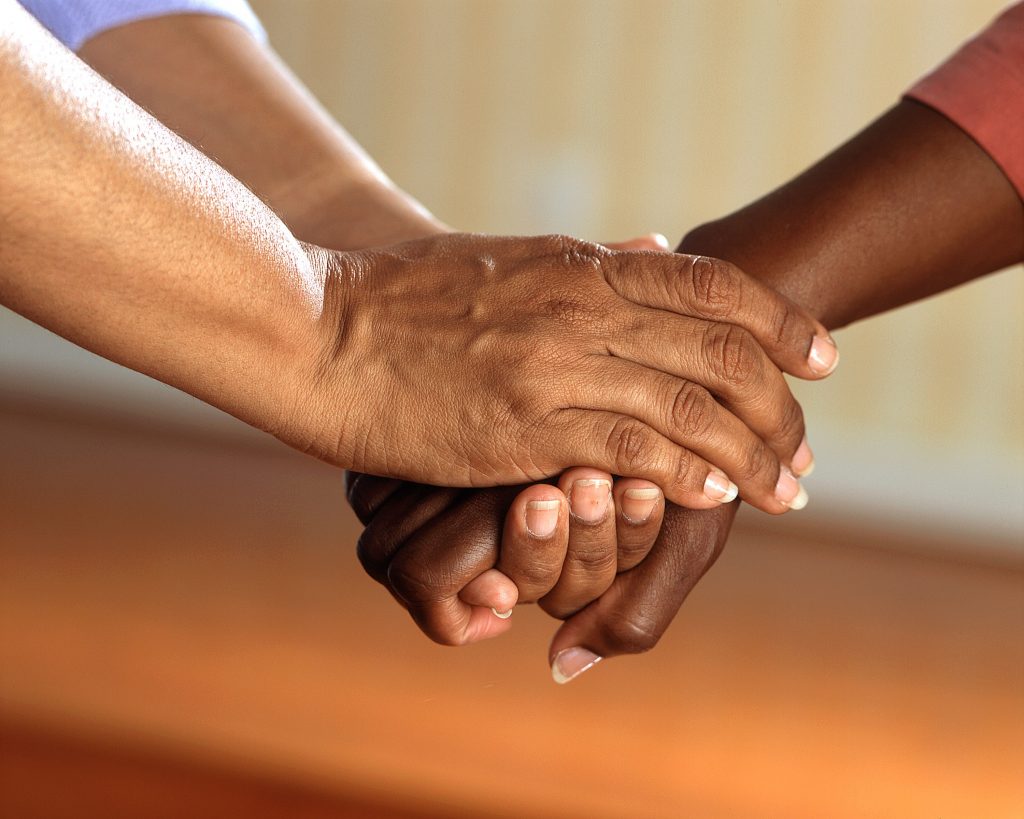
For those who are paying attention, there is a clear pattern of death and suffering and catastrophe around people of color. This is no fluke accident, as the systems are working as they were created to. For those who have not been paying attention it may seem as though the suffering and ills marginalized people are experiencing during this Coronavirus pandemic are unexpected or surprising. They may just now see systems of oppression at play, and comment on how visible Coronavirus makes them. For those who have lived these experiences and seen these systems at work now and previously, they have seen this very scenario play out over and over again in many different ways throughout time.
“Today Coronavirus is killing marginalized populations at high rates because the systems in our society do not value or protect their lives, and the people within those systems do not seem to care to prevent black deaths.”
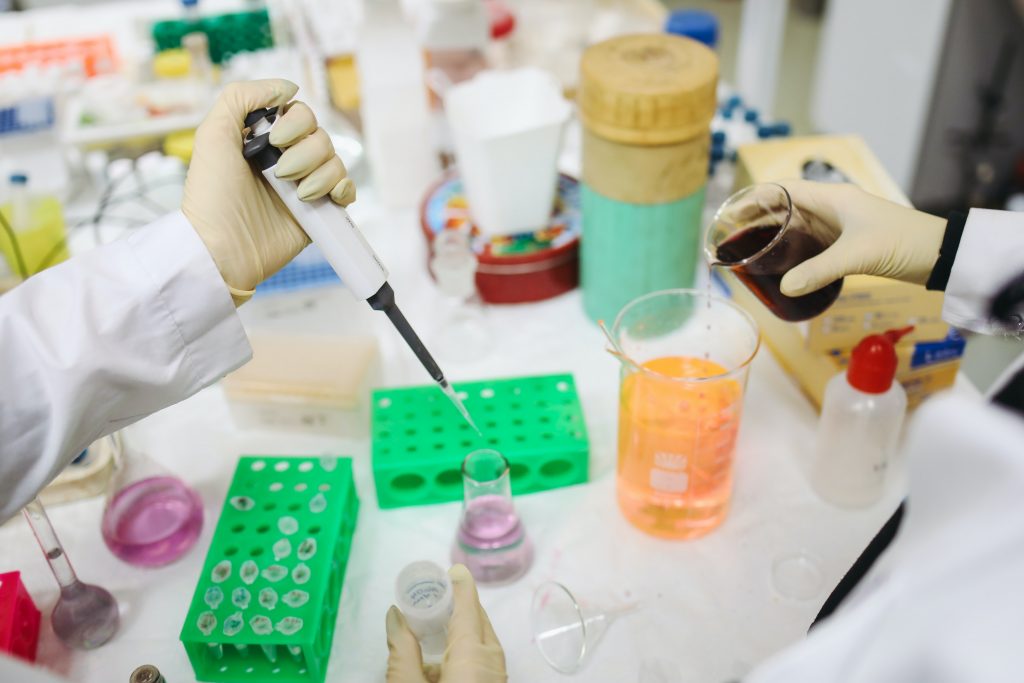
Black people have been used historically as test subjects for medical research due to racist beliefs that their blackness makes them less than human, and this pattern continues today. J. Marion Sims performed gynecological experiments on enslaved women and did not provide them with pain medicine because he believed that the experimentation was not “painful enough to justify the trouble”. It was suggested by Jean-Paul Mira, the head of intensive care at a French hospital that a Coronavirus vaccine be tested in Africa. An understandable lack of trust in the healthcare thing due to historical trauma has resulted in black people being less likely to seek out healthcare. Insurance and the financial expenses of healthcare also make it incredibly difficult for many people to access the medical care they need. Historically eugenics, the selective breeding of a population to achieve more desirable characteristics has been used to commit genocide on communities of color because their lives were and still are seen as being less valuable than white lives. Today Coronavirus is killing marginalized populations at high rates because the systems in our society do not value or protect their lives, and the people within those systems do not seem to care to prevent black deaths.
“We need to create a world devoid of invisible knapsacks.”
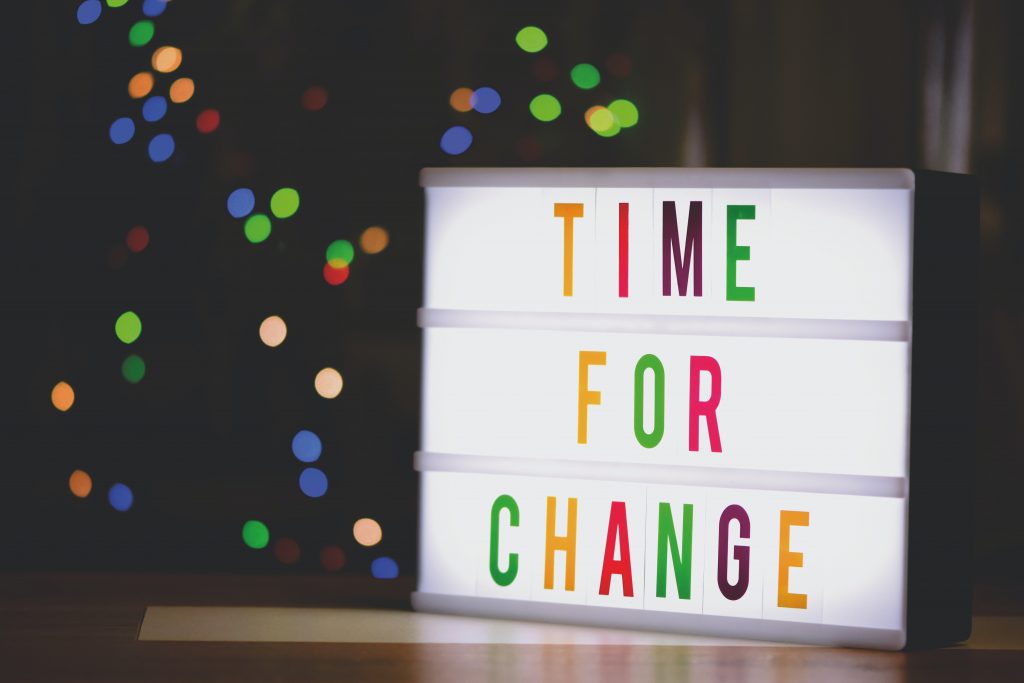
People in marginalized groups have lived through experiences that those who are privileged enough to not experience would find to be unbearable. The experience of this Coronavirus may seem to be unbearable, but it will end. People will come out of quarantine and go back to their lives and this experience which seems like a nightmare to many will be over. Oppression will continue, because systems of oppression will continue. They will continue to exist until we as a society can clearly see them for what they are and decide that they need to end and we take the steps to undo the layers and layers of racism, sexism, classism, ableism, and all others that plague our society. This current state of existence will continue until we as a society begin to value the lives of marginalized people enough to protect them, and even more than that create a world where people of color and all marginalized people are able to experience the justice and freedom that we are all promised. We need to create a world devoid of invisible knapsacks.
References
Kendi, Ibram X. “Stop Blaming Black People for Dying of the Coronavirus.” The Atlantic, Atlantic Media Company, 14 Apr. 2020.
Lambert, Lance. “Real Unemployment in the United States Has Hit 14.7%, the Highest Level since 1940.” Fortune, Fortune, 9 Apr. 2020.
McIntosh, Peggy. “White privilege: Unpacking the invisible knapsack.” (1988).
Michael. “Trump Fans Protest Against Governors Who Have Imposed Virus Restrictions.” The New York Times, The New York Times, 17 Apr. 2020, www.nytimes.com/2020/04/17/us/politics/trump-coronavirus-governors.html.

